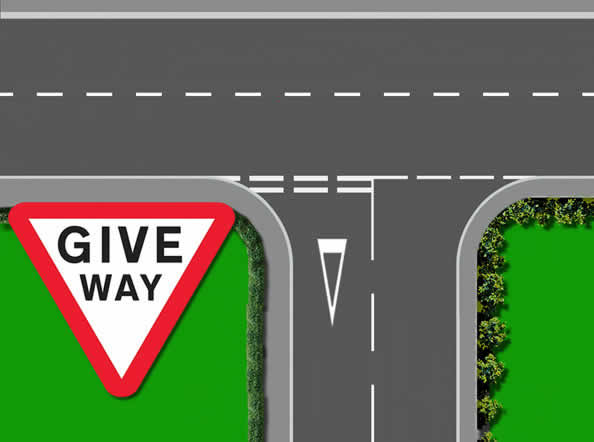Hyderabad, a city known for its technological growth and heritage charm, is increasingly bogged down by an age-old problem—traffic congestion at junctions, especially T-junctions. These bottlenecks have become a daily struggle for lakhs of commuters navigating the city’s busy arterial roads.
The Nature of the Problem
From Panjagutta, Masab Tank, and Koti, to newer areas like Kondapur and Madhapur, junctions across Hyderabad are often chaotic, unsafe, and inefficient. T-junctions—where three roads meet—are especially problematic due to:
Unregulated right turns causing traffic blocks
Signal jumping and low lane discipline
Lack of dedicated turn lanes
Pedestrian and vehicle conflict zones
Poor enforcement and signage
During peak hours, these junctions become hotspots for gridlocks, minor accidents, and frayed tempers, affecting not just private vehicle users but also public transport and emergency services.
Common Scenarios at Hyderabad’s Junctions
1. Right-Turn Congestion: Vehicles attempting right turns from the base of the “T” often block traffic coming straight or from the opposite side.
2. Blocked Junction Box: Impatient drivers occupy the intersection even during red signals, leading to cross-flow congestion.
3. No Slip Lanes: Missing or blocked left-turn slip roads force all vehicles to wait at the signal unnecessarily.
4. Pedestrian Risk: No foot overbridges, zebra crossings, or pedestrian lights make it dangerous to cross junctions.
What Makes These Problems Perennial?
Poor planning and outdated designs of roads, especially in older parts of the city
Uncontrolled urban sprawl leading to unanticipated traffic loads
Insufficient coordination between GHMC, HMRL, and Traffic Police
Slow implementation of Intelligent Traffic Management Systems (ITMS)
Encroachments near junction mouths reducing visibility and road width
Solutions: What Can Be Done?
To address Hyderabad’s perennial junction problems, a mix of short-term relief measures and long-term urban traffic strategies is essential.
1. Engineering & Infrastructure Fixes
Widening T-junction arms
Constructing dedicated right and left-turn lanes
Building micro flyovers or underpasses in high-volume areas
2. Smart Traffic Signal Management
Use of AI-enabled adaptive signal timing
Signal synchronization along corridors (e.g., Necklace Road to Begumpet)
Countdown timers and lane-based signaling
3. Strict Enforcement & Regulation
Automated challan systems via CCTV and ANPR
Fine for “blocking the box”
Penalties for illegal parking near junctions
4. Pedestrian Safety Enhancements
Zebra crossings with pedestrian lights
Fenced medians and foot overbridges near high-traffic T-junctions
5. Public Transport & Modal Shift
Encourage metro and MMTS usage through better last-mile connectivity
Use of park-and-ride systems near key junctions
Examples of Need-Based Interventions
KBR Park Junction: Redesign helped manage turning traffic more efficiently
Jubilee Hills Checkpost: A proposed underpass may reduce signal pressure
HiTec City Junction: Smart signals and better lane markings led to visible improvement
Way Forward: Multi-Agency Coordination
Fixing junction issues is not just the job of the traffic police. It requires collaborative action from:
GHMC (for road design and encroachment removal)
Hyderabad Traffic Police (for enforcement and planning)
HMDA and Urban Transport Department (for long-term urban mobility design)
Public cooperation (to follow rules and reduce peak-hour load)
Conclusion
Hyderabad’s rapid growth cannot come at the cost of commuter convenience and road safety. Unless perennial junction issues are addressed through integrated planning and citizen responsibility, the city’s traffic woes will only worsen.
It’s time to untangle the T-junction troubles—not just for speed, but for sanity on the streets.

